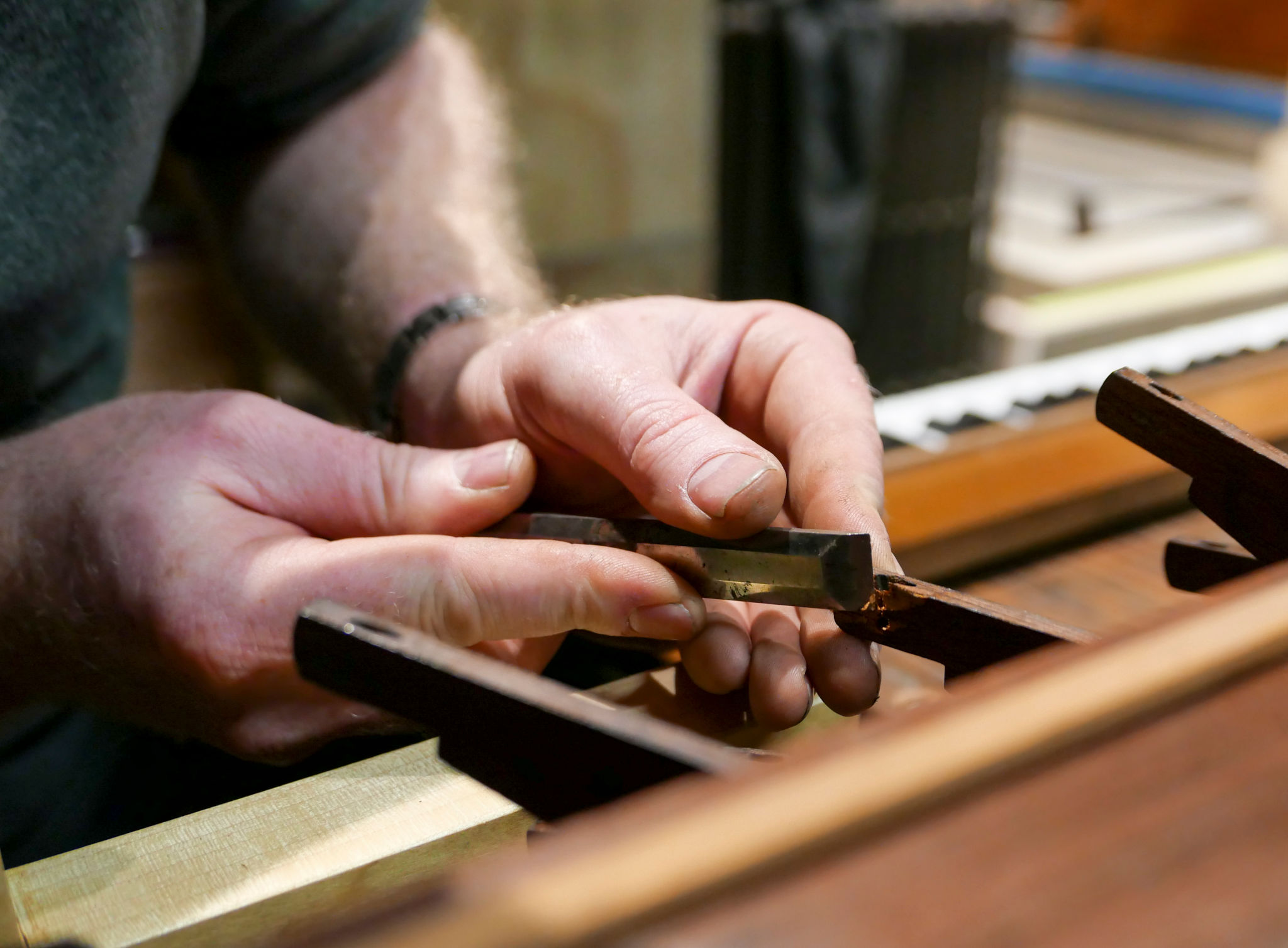Maintenance Tips for Pipe Organs: Keeping Your Instrument in Top Shape
Understanding the Importance of Regular Maintenance
Pipe organs are intricate and majestic instruments that require regular maintenance to ensure optimal performance. Without proper care, the complex system of pipes, keys, and mechanical components can fall into disrepair, affecting the sound quality and longevity of the organ. Establishing a consistent maintenance schedule is crucial in preserving the organ's rich tones and functionality.
Regular maintenance not only prevents potential issues but also helps identify and address small problems before they escalate. This proactive approach can save time and money in the long run, keeping the instrument in excellent condition for years to come.

Basic Cleaning and Dusting
One of the simplest yet most effective maintenance tasks is regular cleaning and dusting. Dust can accumulate on the pipes and other components, affecting the sound quality and causing mechanical issues. It's essential to use a soft, lint-free cloth or a gentle vacuum with a brush attachment to clean these areas without causing damage.
Be sure to clean both the external and internal parts of the organ. While cleaning, pay special attention to the keys and pedals, as these are frequently touched and can accumulate dirt and oils from hands and feet.

Inspecting for Wear and Tear
Regular inspections are vital in maintaining a pipe organ's health. Check for signs of wear and tear, such as cracks in the wood, loose screws, or worn-out felts. These issues may seem minor but can lead to more significant problems if left unattended.
Inspect the leather components, as these can dry out and crack over time. If you notice any leather that appears brittle or damaged, consider having it replaced by a professional.
Tuning and Voicing
Tuning is an essential part of pipe organ maintenance. Due to changes in temperature and humidity, organs can drift out of tune. Regular tuning ensures that the instrument sounds its best at all times. It is recommended to have a professional tuner adjust the pipes, as this process requires skilled expertise.

Voicing adjustments might also be necessary periodically. Voicing ensures that each pipe produces its intended sound quality and volume. This task is complex and should be performed by an experienced voicer to maintain the organ's unique tonal characteristics.
Addressing Mechanical Issues
Mechanical issues can arise from normal wear and tear or as a result of improper handling. Regularly check the action mechanism, including trackers, stickers, and pallets, to ensure they move smoothly and quietly. Any irregularities could indicate a need for lubrication or repair.
If you encounter any mechanical problems that you're unsure how to fix, it's always best to consult a professional organ technician. They can provide expert guidance and repair services to keep your instrument in top shape.

Maintaining an Ideal Environment
The environment in which a pipe organ resides plays a significant role in its maintenance. Ideally, the space should be kept at a stable temperature and humidity level to prevent damage to the wooden components and leather parts. Fluctuations in these conditions can lead to warping, cracking, or swelling.
Consider using climate control solutions such as humidifiers or dehumidifiers to maintain consistent environmental conditions. Monitoring devices can also help track these parameters, alerting you to any changes that could affect the organ's health.
By following these maintenance tips, you can ensure that your pipe organ remains in optimal condition, allowing it to produce beautiful music for generations to come.
